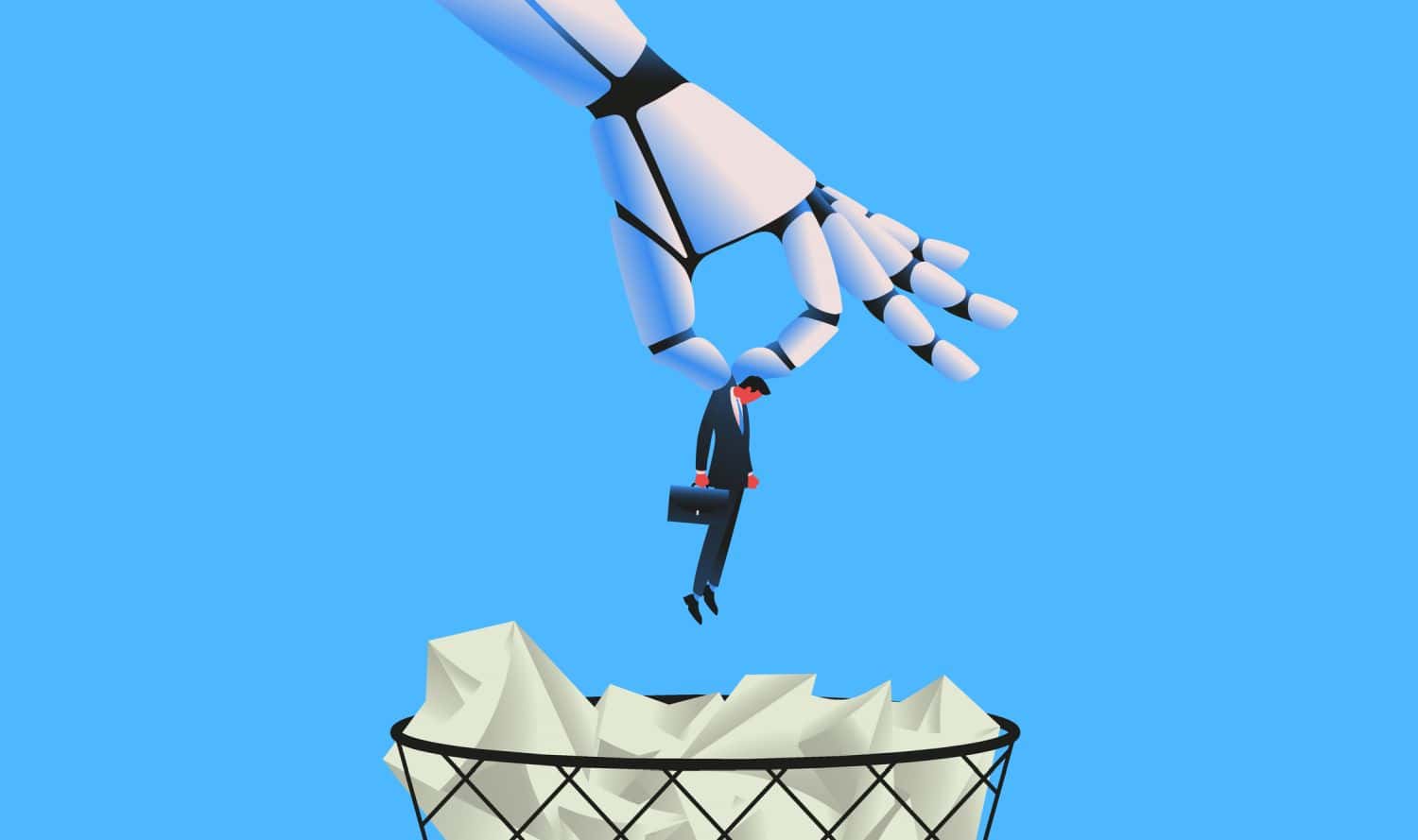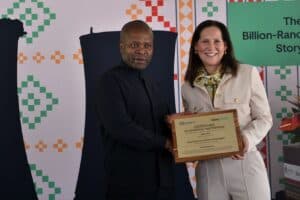However, some companies, like Volkswagen, have decided to pause the adoption of automation to protect jobs.

Many companies have begun adopting automation and artificial intelligence (AI) for various reasons. However, this adoption has resulted in thousands of people being retrenched, as their positions have become redundant.
However, some companies, like Volkswagen, have decided to pause the adoption of automation to preserve jobs.
A team at RationalFX has identified which companies are retrenching the most employees, using layoff announcements sourced from US WARN notices, the job portal TrueUp, TechCrunch, and the Layoffs tracker website.
ALSO READ: Will Checkers’ self-service checkout worsen unemployment?
180 000 people retrenched
Alan Cohen, analyst at RationalFX, said from the beginning of 2025 till 01 October 180 094 people in the tech sector have been laid off globally, with Intel, Microsoft and TCS being the companies with the most layoffs.
American companies, including Microsoft, Amazon, and Oracle, are responsible for the most retrenchments. They have laid off 119 368 jobs.
The data does not include South African companies that have retrenched people due to the adoption of automation and AI. However, earlier this year, Mediclinic Group announced it would freeze “nonessential new hires” and offer severance packages to administrative staff under the hospital group. It said this move would save them nearly R2 billion.
More jobs to be lost
Cohen stresses that if the trend continues at the same rate, by the end of the year, the number of retrenchments globally would be sitting at 235 000.
It is estimated that out of the 180 094 retrenchments, 50 184 were directly related to the implementation of AI and automation tools by businesses.
“The latest example is global IT company Accenture, which laid off over 11 000 employees in the past three months, citing the inability to retrain staff for AI roles as a primary factor in the workforce reductions,” said Cohen.
ALSO READ: Parliamentary committee urges government action over Coca-Cola job cuts in two provinces
Retrenchments per country
“Intel and Microsoft top the US in layoffs this year, with 33 900 and 19 215 employees affected, respectively,” he added.
“In India, Mumbai-based IT services provider TCS has led the largest wave of job cuts, letting go of 12 000 staff since the start of 2025. In Europe, more than 11 000 employees have been made redundant at Accenture as the company moves towards greater automation and trains its workforce in the use of AI agents.”
Cohen said they do not have SA-specific figures, but there are ripple effects of the global technology downturn across Africa. “South Africa has stronger fundamentals, but the start-up space is still vulnerable, as it depends on foreign investment. If global capital flows slow further, local hiring and growth plans will suffer.”
Volkswagen says no to automation
Volkswagen Group has recently made a decision to pause the adoption of automation to prevent people from being retrenched. The automotive industry in SA has seen retrenchments increase over the previous months, however, not due to automation.
Business Day reported Volkswagen Group Africa chair and MD Martina Biene told motoring expert Marius Roberts that they would not automate certain areas of its functions, even in instances where the car manufacturer is in a position to deploy robots.
“We could have already automated much more than we have done. If you look at our German plant and our plant [in SA], there is much more manual labour. It was a deliberate decision to do so [to protect jobs],” said Biene.
“I don’t see AI replacing manufacturing anytime soon. We are embracing AI. It does a lot of good things.”
ALSO READ: SA continues to bleed jobs as employment shrinks for second time
Automotive job losses
Ford recently announced the retrenchment of 470 employees at two of its plants, citing evolving market demands. Out of the 470 employees affected by Ford retrenchments, 73 are from the Struandale engine plant in Gqeberha, while the rest are from the Silverton assembly plant in Pretoria.
Tyre giant Goodyear closed its plant in Nelson Mandela Bay. The closure impacted more than 900 jobs. The company stated that the closure is a result of the restructuring process it has initiated.
Mikel Mabasa, CEO of the National Association of Automobile Manufacturers of South Africa (Naamsa), warned of the implications the US tariffs could have on the industry.
He mostly stressed about what it would mean for the Eastern Cape’s economy if Mercedes-Benz were badly affected by the tariffs and forced to retrench, or worse, close down.
Chinese cars
Mabasa added that the introduction of Chinese cars in the country is a positive development, as it has given consumers a wide range of choices.
However, he emphasised that they would like to see these brands manufacturing cars in the country, and not just importing them. “We want these brands to make a commitment to the country to create jobs and set up manufacturing plants.”
Biene said the government needs to acknowledge the role and investments made by local manufacturers and incentivise the industry accordingly to remain invested in the country.
“We employ 4 000 people directly and if you consider our suppliers, that’s another 50 000. So sometimes [the focus from the government] is all on new investments. I sometimes feel running a business with 4 000 people and suppliers employing 50 000 is not valued,” she said.
“In the last 11 years, we have invested R13.4 billion in SA. We often get the question, ‘how many jobs have you created?’ and our answer is sometimes almost zero. The focus is to keep the jobs we have in a very difficult business environment.”
Support Local Journalism
Add The Citizen as a Preferred Source on Google and follow us on Google News to see more of our trusted reporting in Google News and Top Stories.








